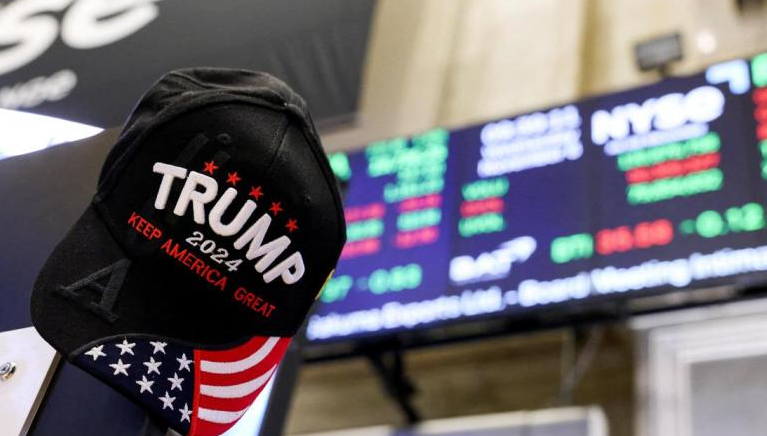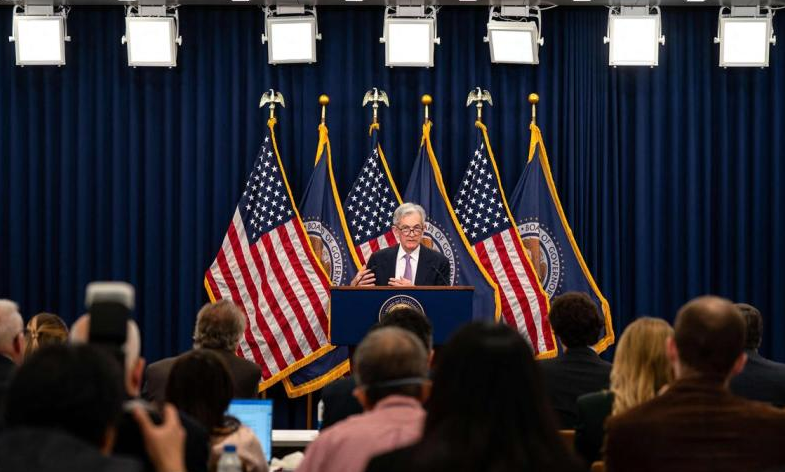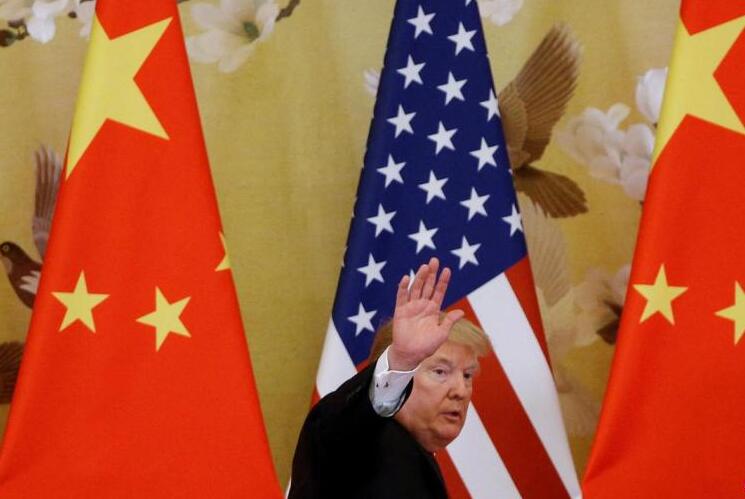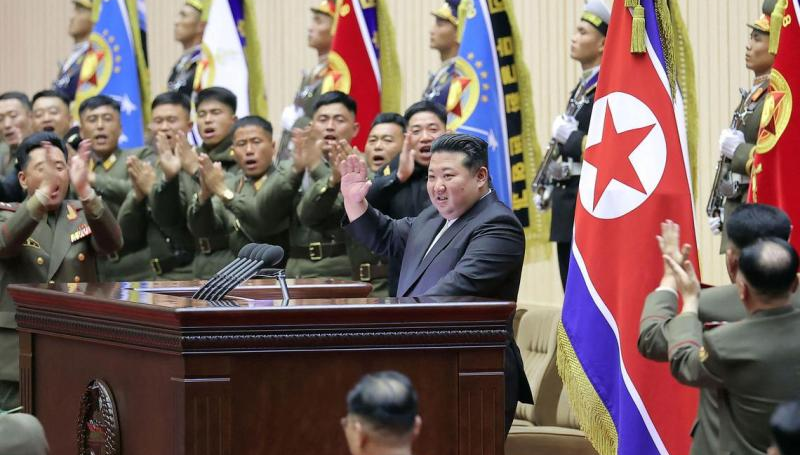
The election results indicate that a considerable portion of American voters still have confidence in the existing system, believing that the system can transcend individual leaders. Unlike Eastern political systems, the American presidential system does not require an ideal sage, but rather a leader who can provide direction and propose solutions to societal issues in the United States.
As the world’s largest superpower with a stable institutional foundation, the United States allowed Donald Trump, originally a political outsider, to be reelected in a globally-watched presidential election, indicating factors beyond personal charisma and luck. Trump’s comeback not only reflects his resilient will after facing setbacks but also exposes deep-seated divisions within American society, which have gathered strong grassroots anger against elites, immigrants, and left-leaning ideologies, creating the Trump phenomenon.
While Trump certainly has personal flaws in his style and decision-making, as well as uncertainties in his policies and anti-establishment populism, in the current American political landscape, he is seen by his supporters as a leader who can provide direction and policy proposals. In contrast to his opponent from the Democratic Party, Kamala Harris, who is perceived as unprepared and lacking in presidential stature and insight, Trump is viewed as a leader who can guide and present policy directions. The election results show that a significant portion of American society still has confidence in the existing system, believing that the system can transcend individuals. Unlike Eastern political systems, the American presidential system requires a leader who can provide direction and propose solutions to American societal problems, rather than an ideal sage.
The 2024 U.S. presidential election is focused on domestic issues such as the economy, immigration, crime, and inflation, with foreign policy and strategic security not being top priorities. Additionally, Harris’s lack of discussion and analysis on international issues did not receive much attention during the election campaign, failing to address concerns about America’s future foreign policy directions. However, as the world’s superpower, when American voters choose their president based on domestic and national interests, it significantly influences global strategic and security trends, impacting both allies and foes in response to the election results.
Trump’s first term saw a significant reversal in foreign policy, redefining China’s rise and challenging Xi Jinping’s “Made in China 2025” initiative. If Trump returns to office, his agenda to protect American interests and manufacturing industries is likely to continue without significant adjustments in his policy towards China.
Will Trump continue to overlook Southeast Asia? In his first term, Trump’s administration did not prioritize Southeast Asia in their global strategy, showing minimal interest in the region compared to former President Obama. If Trump’s administration continues to neglect Southeast Asia or refrain from investing resources, it could weaken the substantive relationship between the region and the United States, indirectly allowing China greater diplomatic maneuvering space.
The author is a director of the Malaysian Chinese Studies Centre







